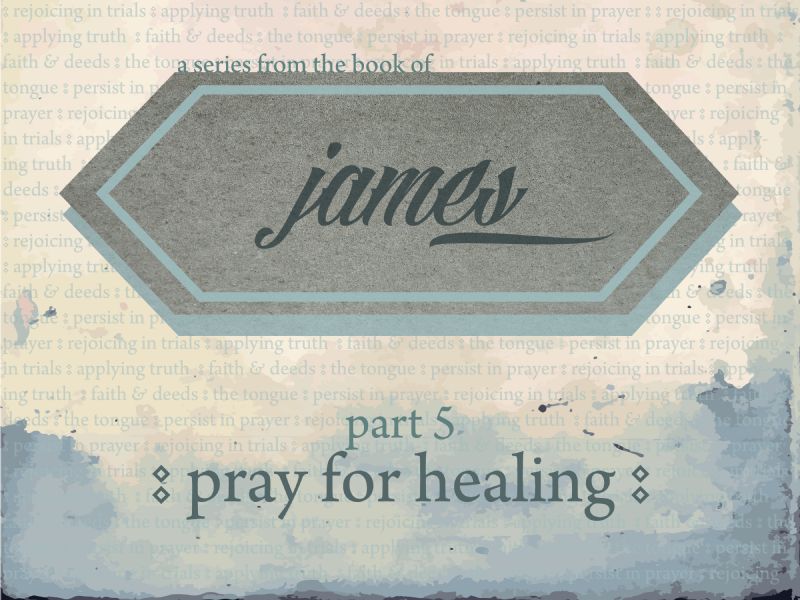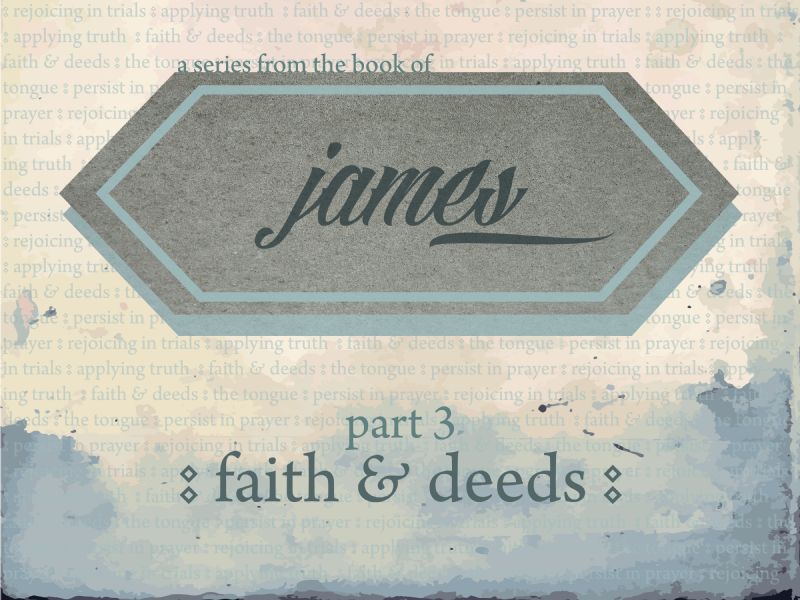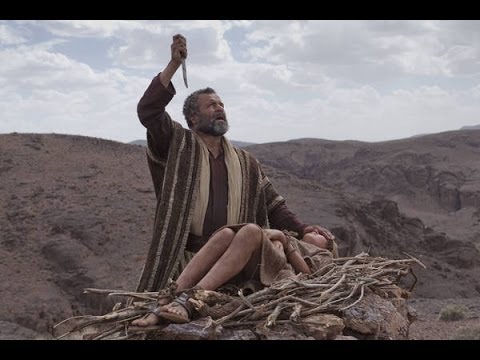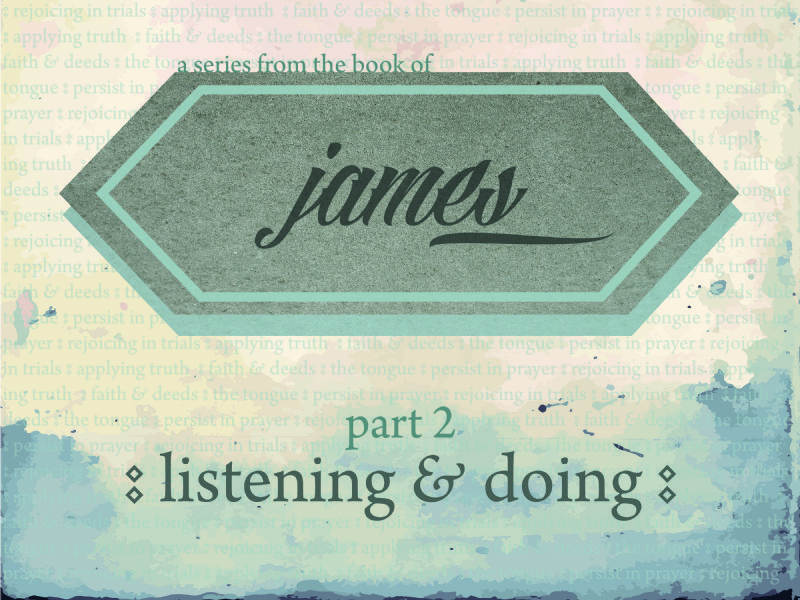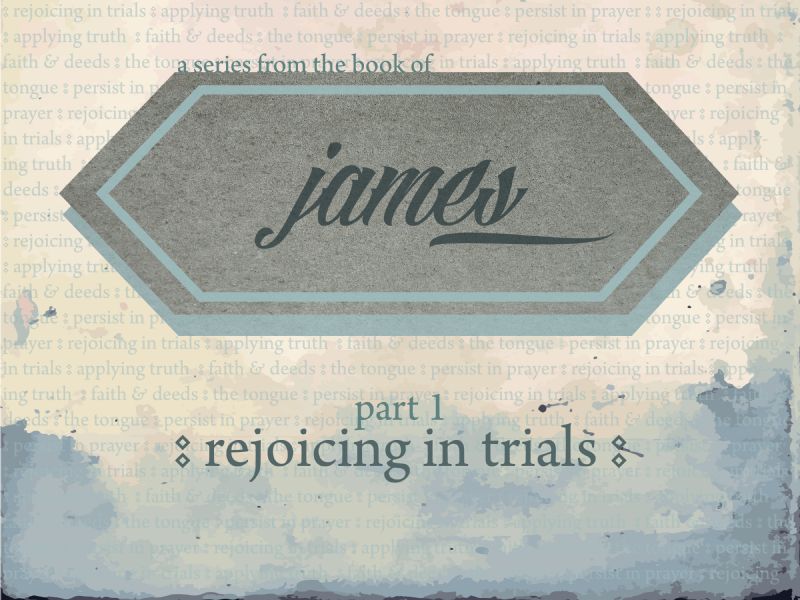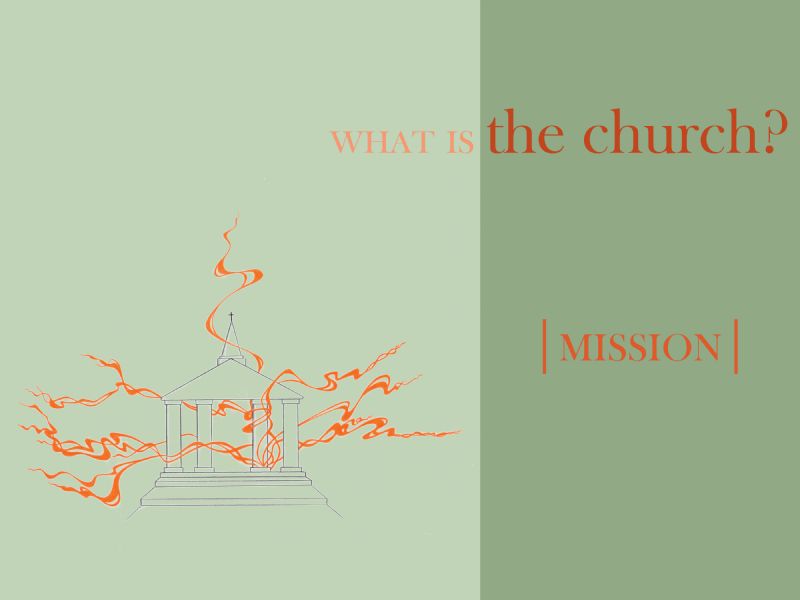
Text: Matthew 5:13-16
What we are called to do as a church? What is our primary Mission?
It is clear that Evangelism is an outward function of the church. In Matthew 5 we read that Jesus was teaching a small group of his disciples, his closest followers. As he is teaches he makes two statements; firstly in verse 13 he says; “You are the salt of the Earth”, and in verse 14; “you are the light of the World”.
As we come to the end of another year, we as a church are looking forward to the future of Grace Point, what is God doing and what is God calling us to do? One of the first things we want to see in the natural sense is growth; new families coming to church, our church growing. And by the grace of God we are seeing that. However how do we do that? What is the method? I believe that it is very simple. Just do what Jesus commanded us to do, “Go into all the World and preach the Gospel”.
The church will only grow as we GO, and the going is evangelism, proclaiming the message of the Gospel.
Looking at those two statements that Jesus made in Matthew 5, you are the salt of the earth and the light of the World. Notice he said, you ARE salt and light. You as a believer have the gift of the Holy Spirit living inside you, the Bible shows us in Acts 1:8 that you have received power to be witnesses for Jesus Christ. As Christians, you are empowered to be the salt and the light, the decision is yours whether or not you are going to live that out.
In what Jesus is saying here, essentially, salt and light serve the same function, to influence for good. But I want you to notice the area of influence. Salt operates internally, it gets into the mix, when salt gets into a stew, you don’t see it, but you can taste it. In just the same way, we as Christians can only influence the world by being a part of the mix, working and influencing from within. What does salt do? It preserves, it flavors, and it promotes thirst. As Christians, we need to be people who promote a thirst for righteousness. Do people look at your life and ask what makes you different?
Then we have the metaphor of light; light brings radiance and clarity. Light operates from the outside and shines. Light also exposes sin and wipes away darkness. Jesus used the imagery of light to describe himself (see John 8:12). Are you a follower of Jesus? Then you have the light of life, let that light shine (See also Proverbs 4:18-19).
So what are we to do? We are called to live for Jesus, to share the Gospel message and to let our lives shine. But if you are like me, we like to measure our effectiveness, and in our western culture that is numbers, results, and fruit. But the Bible is clear that our part is to declare the Gospel, we speak it out as clearly and as persuasively as we can, but the Holy Spirit is the one who brings about the conviction of sin leading to a saving knowledge of Jesus Christ. The Holy Spirit does the conviction and the work, not us. Successful evangelism is sharing the Gospel.
Sharing the Gospel is a discipline, it needs to be prioritized in our lives. One of the primary reasons we don’t share the Gospel is because we don’t prioritize it, we don’t discipline ourselves. Much the same way in which we don’t get enough sleep, eat properly or exercise enough. Sharing the Gospel is a command of Jesus to all the church, to all of us. Can we really stand before Jesus one day and say that our careers or hobbies kept us too busy to share the Gospel? We are so focused on temporal things that we don’t prioritize the eternal things in life.
We also must realize that Satan and his demons will do everything they can to stop the proclamation of the Gospel. Evangelism is spiritual warfare, so we need to know and use the weapons of our warfare, the Word of God, as we discussed last week, and prayer. Without prayer, our evangelism is weak and ineffective (see Mathew 9:37-38).
It is clear that evangelism or mission is a foundational pillar of the church, and the purpose of this article is not to make you feel guilty for not sharing the gospel, rather it is to encourage you because if you are not sharing the Gospel you are missing out on one of the greatest joys in life. Witnessing the Holy Spirit transform someone’s life is exhilarating, you get to see the greatest miracle known to man as a life is transformed from the kingdom of darkness into the kingdom of light.



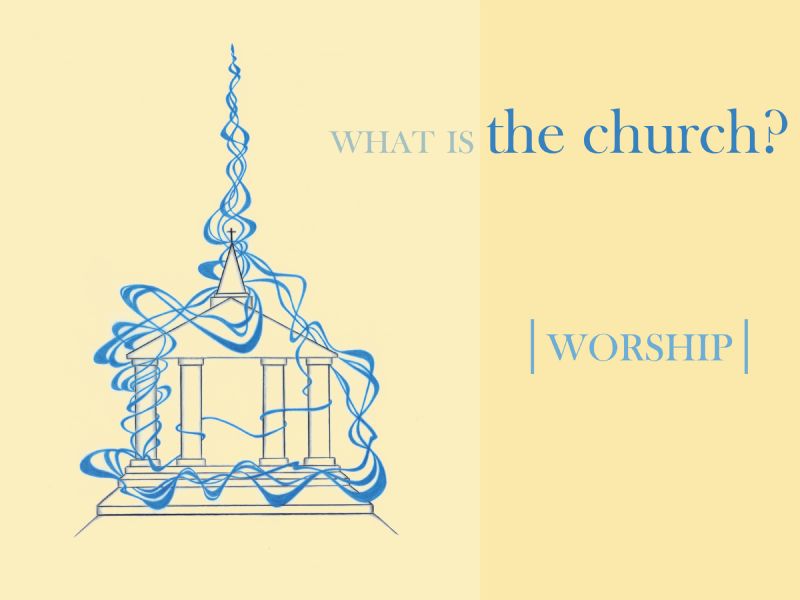 So what is the church?
So what is the church?


